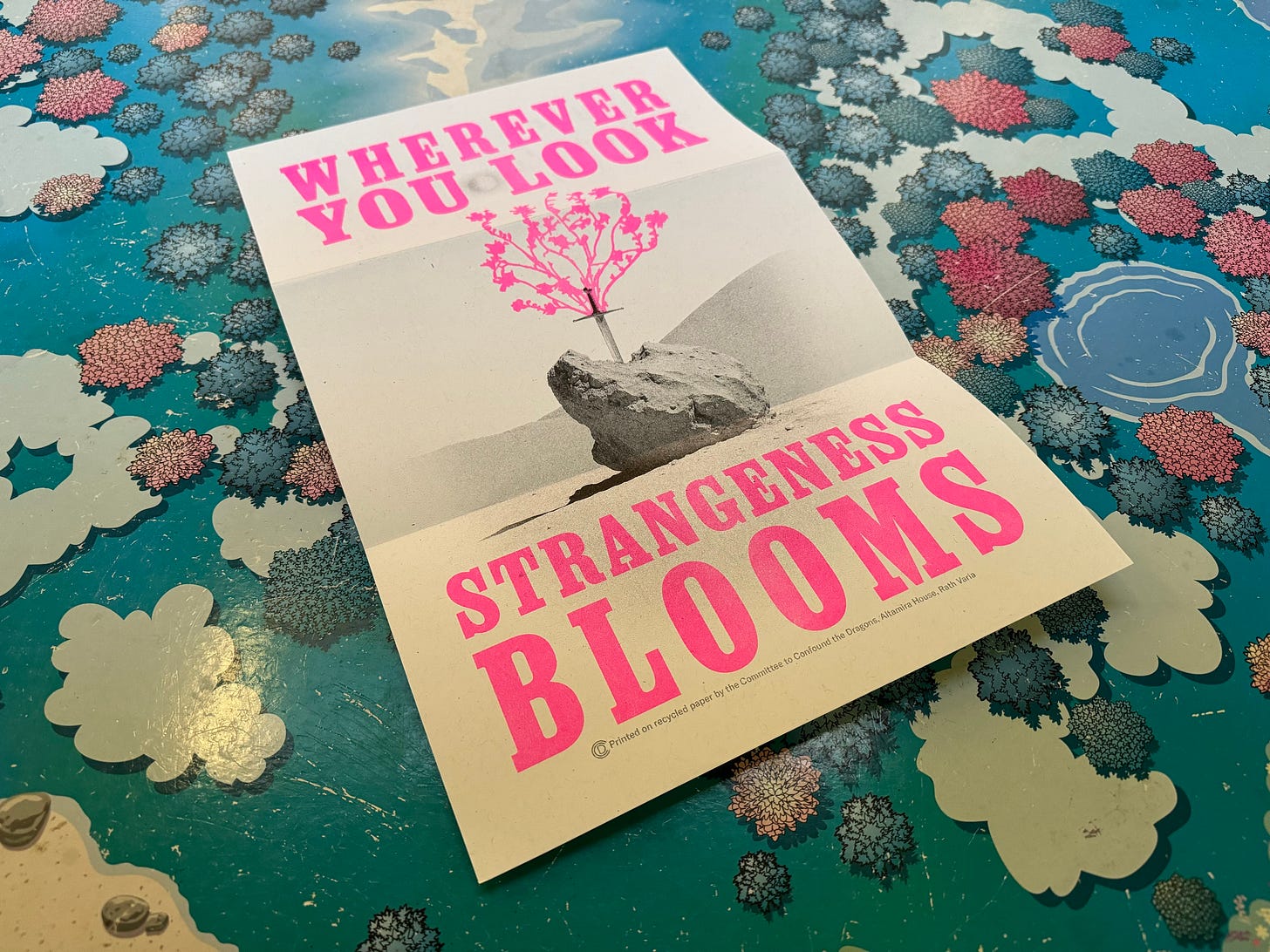
Hello from Ohio in August. I’m Diana Kimball Berlin, a partner at Matrix leading concept through Series A rounds in B2B SaaS and AI startups.
Happy to report that LEGOLAND last week was a hit. Both happy and unhappy to report that our 5-year-old son is already at the stage of refusing my help to build LEGO sets.
This week, I’m sharing fragments from five books written by people I’ve known and admired for years.
Is it a coincidence that many programmers and digital designers spent their childhoods dreaming of architecture—only to design computer architectures instead? Software engineering luminary Kent Beck says that, growing up, he was fascinated by a book of house plans, one of which had a swimming pool running all the way through it. He obsessively sought out just the right graph paper to drawn his own plans based on ones in the book.
– Molly Steenson, Architectural Intelligence: How Designers and Architects Created the Digital Landscape, December 22, 2017. I’m on the record as a Molly fan, but had to share another snippet of her book because: this is so me.
Often I find I want to keep the parameters of boredom and frustration narrow. I feel I need to confront rigged cartoonish challenges that, as it happens, you can—with pleasurable effort—perfectly meet. Games, like nothing else, give me a break from the feeling that I’m either too dumb or too smart for this world.
– Virginia Heffernan, Magic and Loss: The Internet as Art, June 7, 2016. As a longtime fan of Virginia’s thinking and writing, I’ll never forget the out-of-body experience of getting to interview her in 2017.
The Eigengrau is a dream—or, it used the same machinery as dreams. The Anth had realized, after banging their heads for a century against wraparound displays, that the brain already possessed a rich and convincing sensory simulator, so they put it to work.
– Robin Sloan, Moonbound, June 11, 2024. I was able to return to Robin’s new novel over the past week and finish it at last; I loved it. It’s set in the far future in 13777/13778 and I found myself moved to see the long-term implications of large language models both seriously and whimsically considered. It’s also just fun to see a writer you’ve known for a long, long time pushing themselves further than ever before.
I think of opportunity as being like flowers: sometimes you are given flowers (yay!), but that is not the only way to get them. Sometimes you pick flowers that you (or someone else) planted a long time ago, and if you want to have flowers later, you will need to make sure you plant them early enough that they have time to grow. Opportunities are the same: given, planted, picked.
– Cate Huston, The Engineering Leader: Strategies for Scaling Teams and Yourself, May 21, 2024. Cate is the queen of analogies, and also graced the podcast once upon a time.
Write to a friend you’ve been out of touch with. Write to an enemy you’re ready to stop fighting with. Devote real time and attention to the enterprise. Consider what you want to say, and be open to the idea that it may take two or three tries to say it right.
– Rob Walker, The Art of Noticing: 131 Ways to Spark Creativity, Find Inspiration, and Discover Joy in the Everyday, May 7, 2019. Rob has been one of my favorite pen pals over the years, so it was a joy to read this book when it came out—with the bonus joy of encountering a brief reference to a long-ago blog post of mine. To no one’s surprise, when it comes to letter-writing, I’m devoted to the form.
Until next time,
Diana
https://dianaberlin.com


